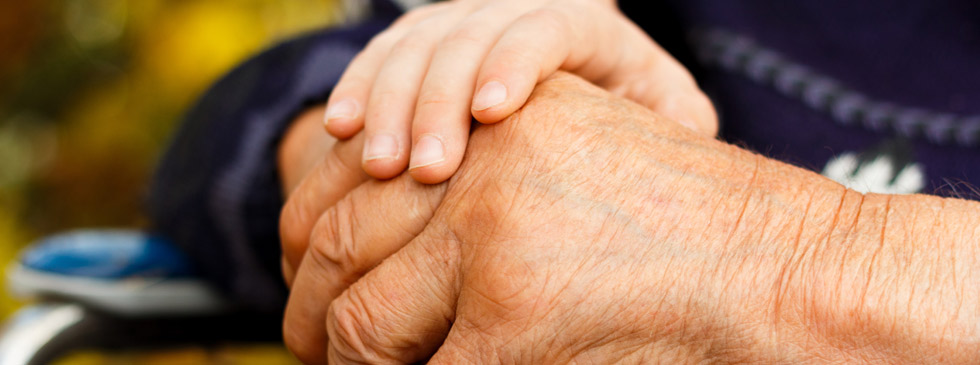The 50-50 Rule: Sharing The Care
Sharing isn’t always easy for brothers and sisters who grew up under the same roof. Divvying up the wealth of toys, bedrooms or vehicles may have been a challenge at your house, and sharing the daily household chores could have led to family conflicts as well.
Some things never change.
According to research conducted for the Home Instead Senior Care network, sharing the care of elderly parents can be as much of an obstacle for adult siblings. In 43% of U.S. families and 41% of Canadian families, one sibling has the responsibility for providing most or all of the care for Mom or Dad, according to a survey of family caregivers. In only 2% of families in the U.S. and 3% in Canada did the siblings split the caregiving responsibility equally.
“Senior caregiving can either bring families together or cause brother and sister conflict,” says sibling relationships expert Ingrid Connidis, Ph.D., from the University of Western Ontario. “In some cases it can do both. These issues can be very emotional.”
Connidis has worked with the Home Instead Senior Care network to develop the 50-50 Rule public education program to help siblings deal with the many issues of caring for a parent. The following are tips on how siblings can better share the care:
1. Talk and listen. Research shows that parents care a lot about maintaining independence, often to the point that they also forfeit getting more support. That’s why it’s important to communicate, preferably before your family is in the throes of caregiving.
2. Research options. When you and your siblings have identified the types of services, interventions or care options that your senior needs, look for organizations and resources that can help you meet those needs. Discuss with your siblings who in the family will handle this job. Try to divide the tasks so everyone has input and the opportunity to share their ideas. A good place to start is by doing online research on websites such as www.eldercare.gov and www.caring.com.
3. Plan ahead. When needs and resources are identified, you and your siblings will have a better idea what will be required of your family. For example, if your mother wants to stay at home and “age in place,” consider whether someone in the family will be supplementing that care of if you will divide those duties among siblings.
4. Be flexible. Needs of a senior change as they age. So do the lives of you and your siblings. Rather than insisting that all of the caregiving tasks be divided equally, consider a division of labor that takes into account each family member’s interests and skills, as well as their availability.
5. Be honest. If you have become the primary caregiver and it’s getting to be too much, make sure your siblings know that you need help. Discuss specific tasks that your brother or sister can help you with such as grocery shopping or placing online orders. If you are a long-distance sibling, check in often with the primary caregiver to see how it’s going.

